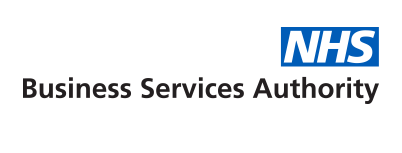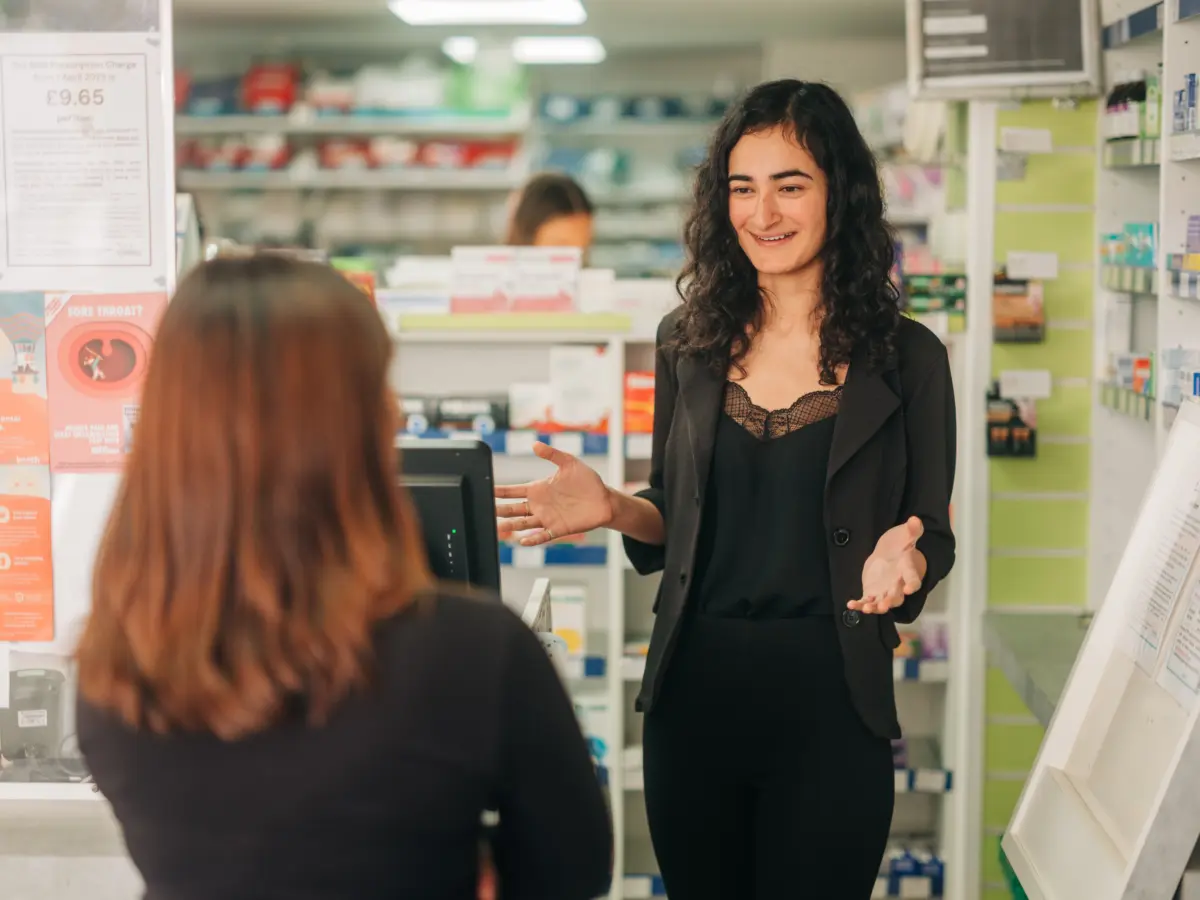Our response to Nuffield Trust’s new report discussing medicine shortages and Brexit
Nuffield Trust’s latest report ‘The future for health after Brexit’ has found that that patients face a “new normal” of medicines shortages as the UK is hampered by supply issues and the impact of the EU exit.
In response to this report released today, we have warned that medicine shortages and market instability are at the worst ever seen and this is making life incredibly difficult for community pharmacies and patients. The Government and the NHS need to step in and do more.
Our Chief Executive Janet Morrison said:
“It’s extremely worrying that medicine shortages have become the norm: community pharmacies and patients know this to be the case, and this report further evidences this alarming reality.
Medicine shortages and market instability are at the worst that pharmacies have ever seen, making life incredibly difficult for community pharmacies and for their patients. In our polling of pharmacy owners, medicine supply issues consistently rank as one of the top pressures affecting pharmacies. Pharmacy teams work incredibly hard to source the medicines their patients need; but these broader supply chain challenges are beyond their control.
The relationship between price concessions and shortages isn’t always straightforward, but it’s clear to us that both the medicine supply and reimbursement systems are at crisis point. Pharmacy teams are spending hours trying to source medicines, and pharmacies now often end up supplying medicines at a financial loss, significantly impacting their bottom line and destabilising the pharmacy sector, with many pharmacies on the brink of closure.
This report should serve as another wake-up call: Government and NHS need to step in and do more to protect community pharmacies and their patients from these ongoing issues. We want to see a strategic review of medicines supply, as well as Government giving more powers to pharmacists to help them better manage their patients’ medicines when shortages do occur: this would help to ensure that patients can receive the care and medications they need, when they need them.”









